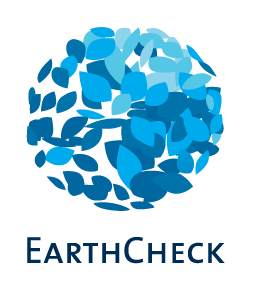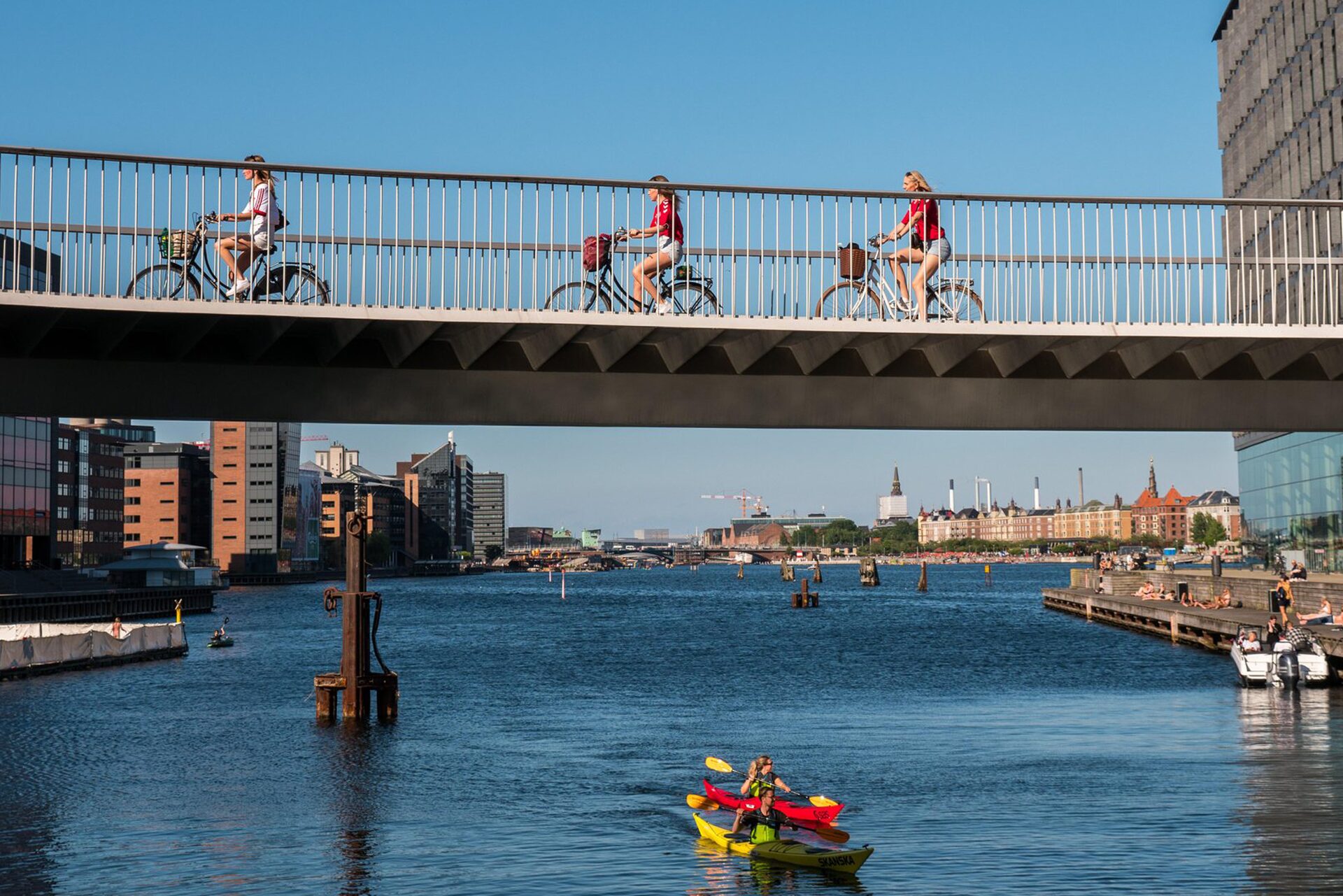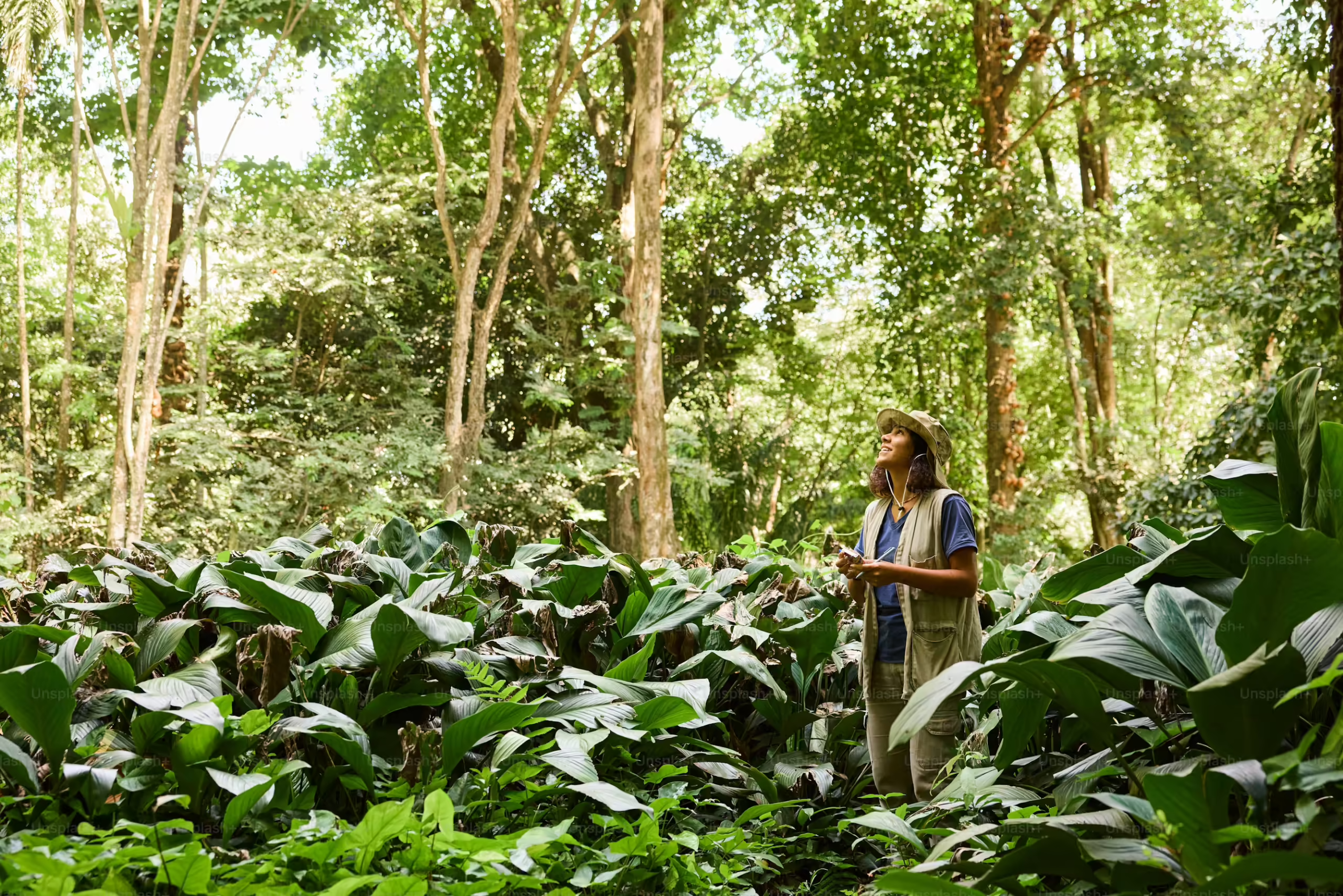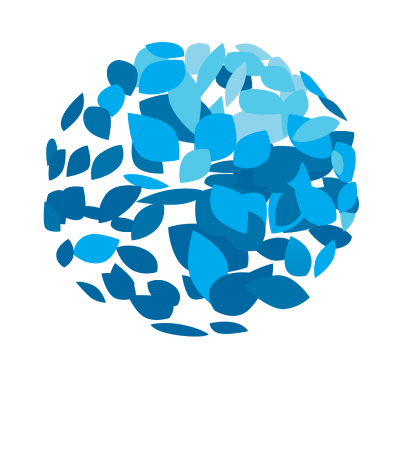A new global survey from Booking.com has revealed that people are more aware than ever of the impact their travel has – not just on the environment, but on the communities they visit.
The study, which surveyed more than 32,000 travellers across 34 countries and territories, found that 93% of travellers want to make more sustainable travel choices, with 84% confirming that sustainable travel is important to them.
Crucially, this isn’t just about the environment – it’s about people and places, too. Travellers are becoming more conscious of their impact on local communities, with 74% wanting their spending to positively benefit local economies, and 69% saying they want to leave destinations better than when they arrived.
As sustainability habits become mainstream, so too does the demand for action and accountability.
This growing awareness presents a major opportunity – and a major responsibility – for tourism operators, destinations and businesses around the world.
The rise of conscious travel
According to Booking.com’s 2025 research, travellers are increasingly seeking authentic experiences that genuinely support local economies. 73% of travellers now say they want the money they spend to go back into the community, and 77% seek out experiences that are representative of local culture.
While most travellers (57%) believe that tourism has a positive impact on their own communities, they also highlighted real challenges, including traffic congestion, littering, overcrowding and rising living costs.
This data points to a clear takeaway: travellers are paying attention. They want tourism that protects what’s special, gives back to communities and contributes to a more responsible future.
But how can travellers be sure that a business or destination is actually making a difference – and not just talking about it?
Why independent sustainability certification matters
At a time when travellers are skeptical of ‘greenwashing’ and false claims, independent certification has never been more important. 59% of travellers are now actively seeking sustainability credentials when booking accommodation.
For sustainability claims to be credible, they need to be more than promises – they need to be proven, measured and transparently reported.
“We see reputable third-party certifications as the highest standard when it comes to recognising the efforts of accommodation providers towards operating more sustainably,”says Thomas Loughlin, Sustainability Programme Manager at Booking.com.
“Travellers are seeking clarity and consistency when it comes to the more sustainable travel choices they make, and third-party certifications help provide that.”
That’s where EarthCheck comes in.
EarthCheck is the world’s leading science-based sustainability certification program for tourism and hospitality. Built on over three decades of research, EarthCheck certification helps businesses and destinations turn good intentions into real, measurable outcomes.
Stewart Moore, CEO and Founder of EarthCheck, says the Booking.com findings align closely with EarthCheck’s experience across the tourism industry: customers are actively seeking out brands that align with their values. Sustainability is fast becoming a deciding factor in where, how and with whom travellers choose to spend their time and money.
“Travellers today are paying close attention to the impact of their choices – and they want their travel to make a difference,” Moore says.
“EarthCheck certification gives them confidence. It’s proof that a business is committed to doing better for people, places and the planet.”
EarthCheck’s commitment to rigorous, transparent audits ensures that certification is never just a label, but a genuine demonstration of responsible tourism in action. It’s an approach designed to uphold the highest standards of independence, accountability and continuous improvement.
All EarthCheck audits are conducted by certified, independent auditors with no ties to the businesses they evaluate, guaranteeing complete objectivity. Regular on-site inspections are required, with auditors assessing everything from energy usage to waste management practices firsthand. Unlike some certifications that rely on remote assessments, this thorough, in-person approach helps to reduce the risk of false claims.
The audit process also includes comprehensive data collection and verification across environmental, social and economic impact areas. This holistic approach provides a picture of each business’s sustainability performance.
EarthCheck actively engages local communities, employees and customers in the audit process, ensuring that certification reflects the broader social and environmental impact of tourism operations.
Transparency is central to EarthCheck’s methodology. Certification criteria and audit results are made publicly available, allowing consumers, partners and stakeholders to make informed decisions.
Importantly, certification is not a one-time achievement. Businesses must undergo regular audits and demonstrate ongoing progress. This ensures that certification is not a snapshot in time, but a reflection of sustained dedication to sustainability, setting a consistently high standard for the industry.
“EarthCheck certification builds trust with guests, investors, employees and regulators alike,” Moore says. “And trust is the currency of the future.”
Turning sustainability into measurable impact
Over the past decade, EarthCheck members have collectively made a major contribution to global sustainability outcomes. Since 2015, EarthCheck’s global network has achieved:
- 6.7 million GJ of energy savings — enough to power the entire city of Boulder, Colorado for almost 10 months.
- A reduction of 803,606 tonnes of CO₂ emissions — equivalent to removing 174,700 petrol cars from the road for a full year.
- Savings of 16.2 billion litres of potable water — enough to supply 250,000 households for a year.
- The diversion of 56,866 m³ of waste from landfill — equivalent to filling nine FIFA-sized soccer fields to a depth of one metre.
This translates to an estimated AUD 234 million saved collectively across energy, water, waste management and carbon value.
These numbers represent tangible, meaningful contributions to a healthier planet – and they show what’s possible when tourism businesses move from talk to action.
“Done well, sustainability can unlock new markets, reduce operational risks, and improve bottom line results,” Moore says.
As travellers become more selective and sustainability expectations rise, EarthCheck offers a trusted, science-backed path for tourism businesses to lead with integrity.
“Our systems are built on science, not spin. And our focus is always on practical, achievable outcomes that drive real progress over time.”
As Booking.com’s research makes clear, sustainability has moved from aspiration to expectation. And the businesses and destinations that commit to real action now will be the ones best placed to thrive in the future.
Travellers are choosing with their values. Will they choose you?
Join the world’s leading sustainable tourism brands and become EarthCheck Certified. Talk to the EarthCheck team today.
